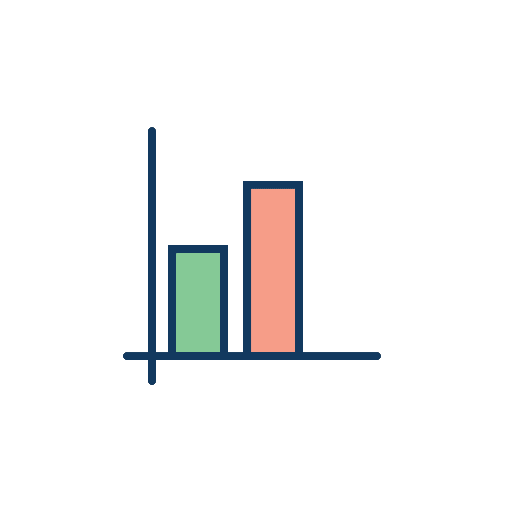PENGARUH EMPLOYEE STOCK OWNERSHIP PROGRAM (ESOP) DAN LEVERAGE TERHADAP KINERJA KEUANGAN DENGAN MANAJEMEN LABA SEBAGAI VARIABEL INTERVENING
Abstract
This research aimed to examine the effect of Employee Stock Ownership Program and leverage on financial performances with profit management as an intervening variable of companies which implemented ESOP and were listed on Indonesia Stock Exchange 2018-2020. The research was quantitative with secondary data, which in the form of companies’ annual financial statement. The data collection technique used purposive sampling. In line with that, there were 21 companies as the sample with 105 observation data. Moreover, the variables used namely ESOP, leverage which was measured Debt to Equity Ratio (DER), financial performance was measured by Return On Asset (ROA), and profit management was measured by Discretionary Accrual (DA). Furthermore, the data analysis technique used path analysis with SPSS (Statistical Package for Social Science). The research result concluded as follows: 1) ESOP did not affect financial performance, 2) Leverage had a significant effect on financial performance, 3) ESOP did not affect profit management, 4) Leverage affected profit management, 5) Profit management affected financial performance, 6) Profit management was not able to mediate the effect of ESOP on financial performance, 7) Profit management was not able to mediate the effect of leverage on financial performance, it meant the fund sources which were from the debts would increase ROA. Therefore, the management did not need to have profit management.



